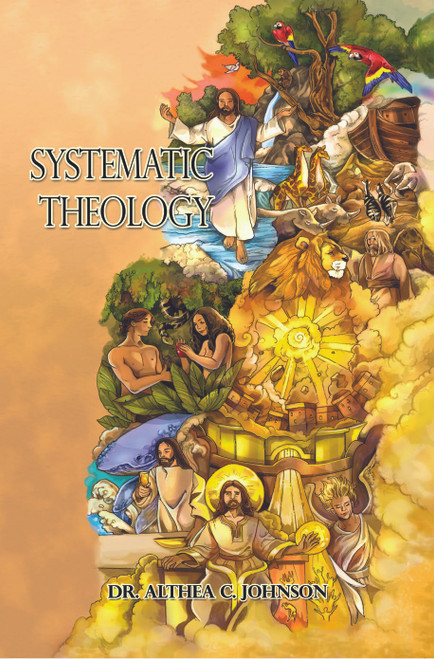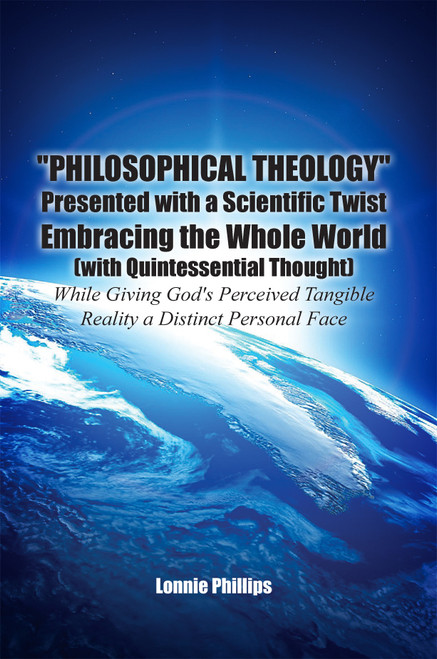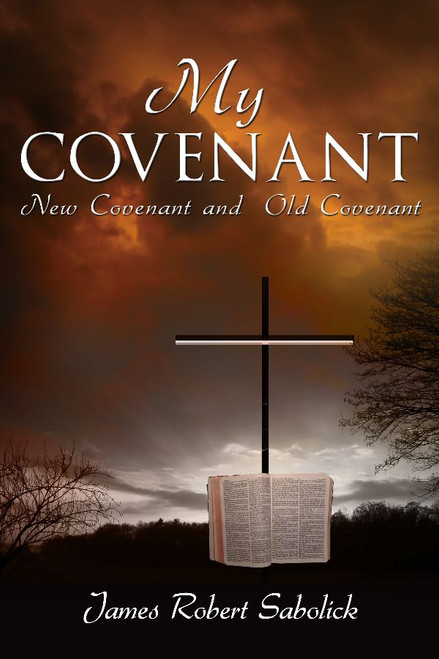Product Overview
The Theology of a Call and the Theology of a Covenant
by N. D. Chambers
Wesleyan theology attempts to balance tradition, scripture, reason, and experience. The arguments presented in this work reflect that approach to understanding religion and how to interpret the Bible. Biblical literalism is a fairly modern phenomenon. Before the Protestant Reformation, the Catholic Church was the religious authority. With the Protestant Reformation, the authority of the Catholic Church was broken and discredited (among Protestants). Without a supreme church authority, the Bible became the new authority. For some that meant biblical literalismthat every story and event in the Bible actually happened and happened exactly as written. This also meant that every Old Testament law was valid and divinely mandated. The problem with this literal approach is that some of the most important figures in the Bible reinterpret and challenge Old Testament laws.
In many ways, the inspiration for this work comes from trying to come to terms with parts of the Bible that seem to be inconsistent with the dominant themes of the Bible. Initially, N. D. Chambers interests were in two subjects in the Bible, the origins of Israel and eschatology (the last judgment). In the 1970s, attempts to explain contradictory statements in Joshua (sweeping conquest) and Judges (continuing struggles) about the settlement of Israel in Canaan inspired many articles speculating on this subject. New theories proposed a gradual, peaceful migration, or an internal rebellion against a weakened Egyptian feudal system. The author was impressed by some of the insights of various writers and the expanded use of historical data, but disappointed by their tendency to try to harmonize new insights with traditional interpretations. It is his conclusion that one must fully explore the concerns, theology, and ambitions of the various writers of the Pentateuch in order to come to an understanding what the original story actually was. It is also his conclusion that the theology of later writers of the Pentateuch is at odds with the theology of the first writer, primarily because the later additions reflect the elitism of a centralized priesthood. Ancient societies have a rigid class structure, and the priestly class is usually the highest class. The sacrificial system, the law, even the idea of a covenant relationship with God, he believes are contrary to the original theology of Israel and to the original writer.
About the Author:
N. D. Chambers is a teacher of ancient history. He lives near Toledo, Ohio.
(2015, Paperback, 128 pages)







